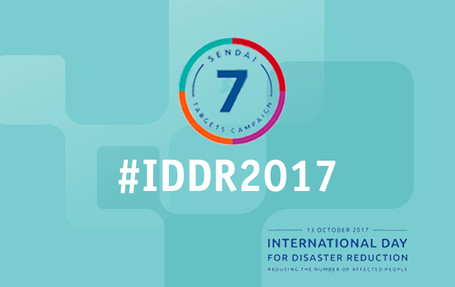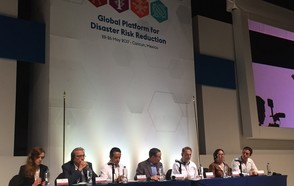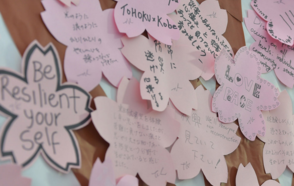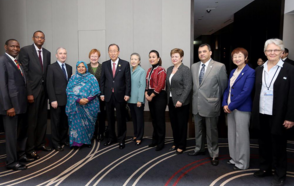
The theme for this year’s International Day for Disaster Reduction, which is held on 13 October, focuses on prevention, protection and reducing the number of people affected by natural disasters. On this occasion, and to achieve this goal, UCLG is renewing its commitment to supporting its members’ work to implement the Sendai Framework by strengthening partnerships and enhancing decentralized cooperation.
The 2017 campaign is focused on raising awareness of effective measures, practices and policies to reduce communities’ exposure to disaster risk and to provide better protection for homes and improve livelihoods. Coordination, cooperation and collaboration at all levels are essential in order to tackle this major challenge.
Natural disasters have recently shaken a large part of the globe and caused significant losses of lives, infrastructure and economic assets. The Caribbean, the Antilles, Mexico and part of Asia (India, Laos) were the stage for hurricanes, typhoons, earthquakes and floods. It is still too early to assess the losses precisely, but, in any event, they will always be high when human lives are involved. Countries that were seriously affected in 2017 should also be remembered, such as Peru and, in particular, Sierra Leone, which suffered a tragedy that killed over 500 people and left high numbers of people missing as a result of torrential rain, and which was met with complete indifference from the international community.
In 2016, the damage caused by natural or man-made disasters reached a total of 175 billion dollars. It is highly likely that this figure will be exceeded in 2017. Cities and local governments are among the first institutions to be affected, since their economy slows down as a consequence of the loss of property and infrastructure.

There is no way to stop these phenomena from occurring, but it is possible to reduce their impact, and this is clearly related to the fight against climate change, which undoubtedly accelerates and exacerbates them, and to the implementation of the Sendai Framework for Disaster Risk Reduction at all levels. The international community and, in particular, States must, more than ever, maintain their commitments to achieving certain specific and measurable targets contained in the 2030 Agenda, the Framework Agreement on Climate Change, the Sendai Framework for Disaster Risk Reduction and the New Urban Agenda.
During the World Humanitarian Summit in 2015 in Istanbul, UCLG with other partners from UN Agencies, humanitarian NGO, research centers and academia, have launch the Global Alliance for Urban Crises with the objectif to liaise humanitarian issues to development strategies.
Local governments around the world have played their role each time and are committed to fulfilling and meeting, in so far as they are concerned and sometimes with limited resources, the commitments contained in the four global agendas.
UCLG members around the world have taken action and implemented local strategies to counter global warming and reduce the risk of disasters. For example, a resilience focal point in Makati, the creation of a renewable energy and energy consumption information unit in Chefchaouen, the development of risk assessment studies in Istanbul, or even the securing of the main public services (schools, hospitals) and infrastructure (water drainage system) in Karlstad.
Follow the hashtag #IDDR2017 , #switch2sendai and #Local4Action on social media
For more information please see:
- The UCLG web page on Disaster Risk Reduction and Humanitarian Crisis
- The website of the United Nations Office for Disaster Risk Reduction (UNISDR)













